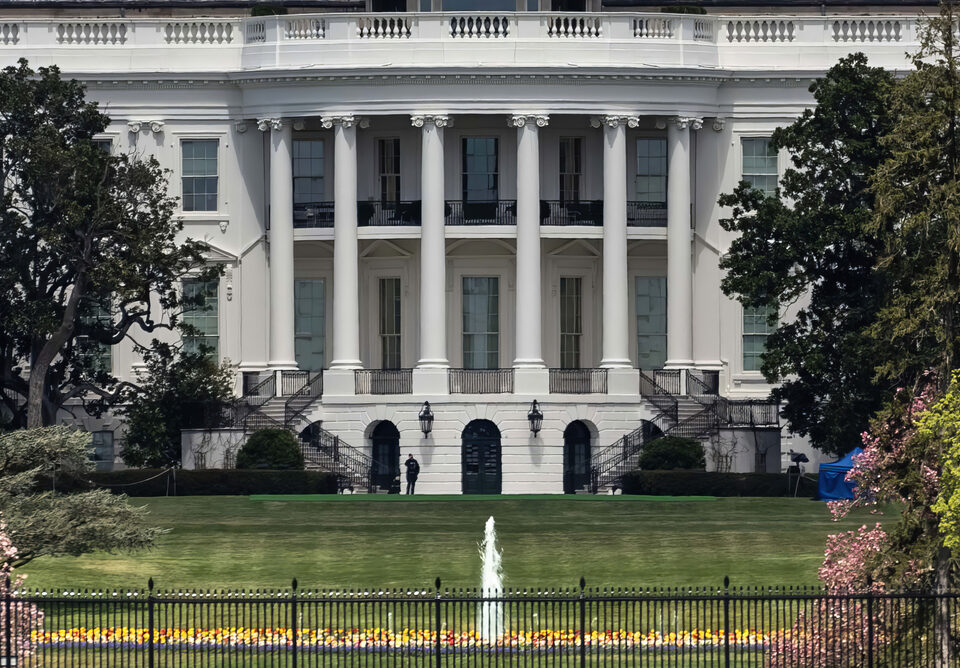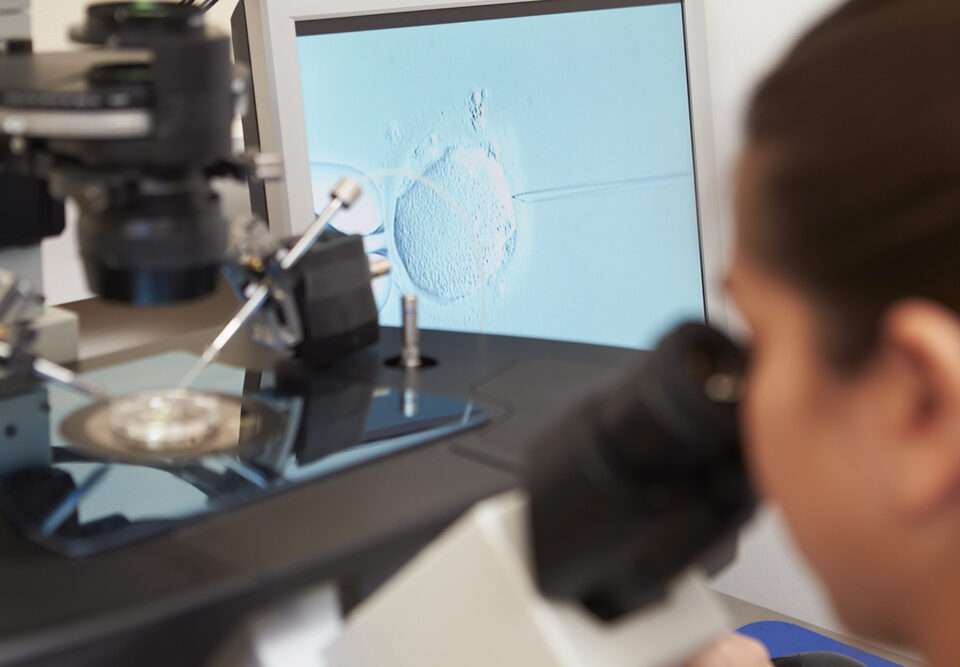Company egg-freezing branches off to another level
January 6, 2015Couple Entangled In Sperm Donor Battle
February 19, 2015The term, “embryo adoption,” has been floating around now for some time and is a crticial issue for those going through IVF treatment as it’s estimated that more than 600,000 frozen embryos are stored in this country; and, this number continues to climb with fertility treatments.
Recently, eyes were glued to media reports when a family from Tennessee turned to Facebook in hopes a couple would consider adopting their unused embryos. The couple, Angel and Jeff Watts of Mount Juliet, Tennessee, had six unused embryos after successfully having two sets of twins.
The frozen embryos were stored at the National Embryo Donation Center in Knoxville.
As of late, in USA Today, Karen Weintraub reports that Rebecca and Chris Henderson of Hampton, Va., have a total of 11 frozen embryos stored after their twins were born via IFV and then another baby, by natural conception, about five years later.
The couple Weintraub writes, “…they weren’t comfortable donating their embryos for scientific research or destroying them; they believe life begins at conception. So the Hendersons legally signed them over to Dan and Kelli Gassman of Salem, Ore. — another Christian couple a lot like them who still struggled with fertility problems.”
Weintraub goes on to say that embryo donation has been slowly growing in recent years. She interviewed Sean Tipton of the American Society for Reproductive Medicine who states, “Most who choose that option do so for religious or ideological reasons.”
I am delighted that these frozen embryos are being used for conception. However, what I find legally problematic is the fact that they are being “adopted” as there is no need to adopt these embryos since there is no birth mother giving up her legal rights to a child. And, there is no child involved in this scenario.
In this article, I fully agree with the American Society for Reproductive Medicine which conveys the following in this article:
“While the term embryo adoption is favored by those who believe life begins at conception, the medical group has issued an ethics policy stating that the procedure should be called donation not adoption, because embryos are not children.”
In Pacific Standard Magazine, Rebecca Buckwalter-Poza, J.D., wrote a piece titled, “The Frozen Children: The Rise—and Complications—of Embryo Adoption in the U.S.” Buckwalter-Poza clearly highlights that embryo adoption is becoming more popular because it’s proving to be more effective than traditional IVF. Its odds are stacked in someone’s favor in terms of traditional adoption, too.
However, Buckwalter-Poza reports, “But our legislature is still struggling with serious legal issues surrounding the practice.” She adds, “The promise of embryoadoption is limited by the questions that remain surrounding legal status. Obvious as it seems that embryos deserve some standing as potential lives, states generally treat them as personal property.”
In this article, Buckwalter-Poza goes on to say that no superseding embryo-related law exists, so a child who develops from an adopted embryo legally belongs to her birth parents. In Buckwalter-Poza’s summation, she believes American lawmakers’ remain hesitant to place a definition on an embryo’s legal status. She suggests this may come from internal conflict of laws which currently exist but the real aversion may be to, “place legal limits on fertility medicine.”
However it goes about it, Buckwalter-Poza stated, a legislature is the only body that can resolve the questions implicated in embryo adoption.
“Until legislators establish embryos’ legal standing—or lack thereof—judges and parents alike are operating in a legal vacuum,” she writes. Buckwalter-Poza continued, “Few judges are up to the task of carving out a new status for embryos as both property and potential people, but fewer still will get the opportunity to do so, as long as parents know embryo adoption is subject to legal uncertainty. The full promise of embryo adoption cannot be realized until the law catches up to technology to protect the rights of parents in this brave new variation on adoption.”
While Buckwalter-Poza brings up valid points, my legal stance is the same: there is no legal reason to adopt embryos. They should be donated, which is far less expensive and a much more simple and streamlined process.



